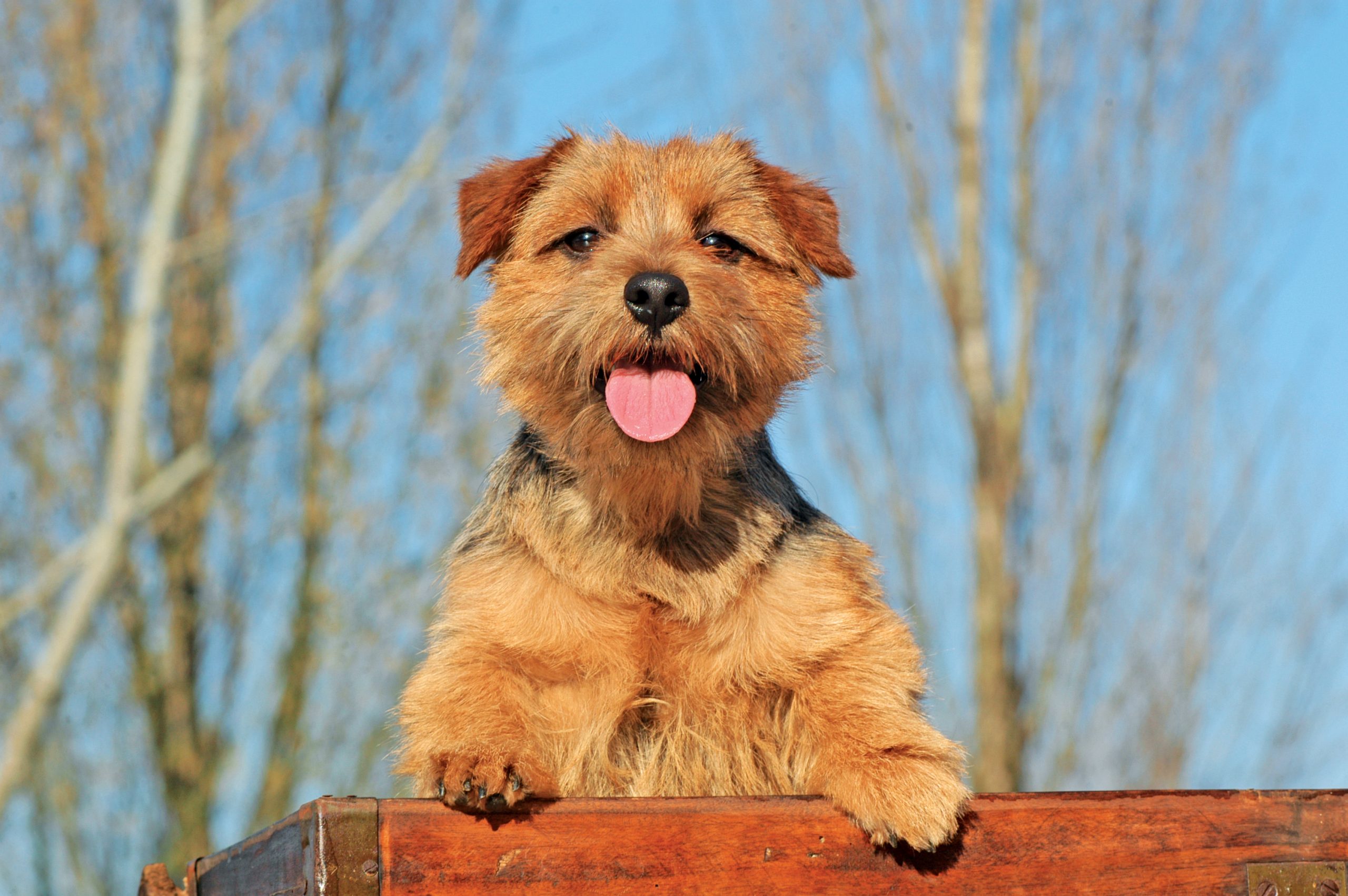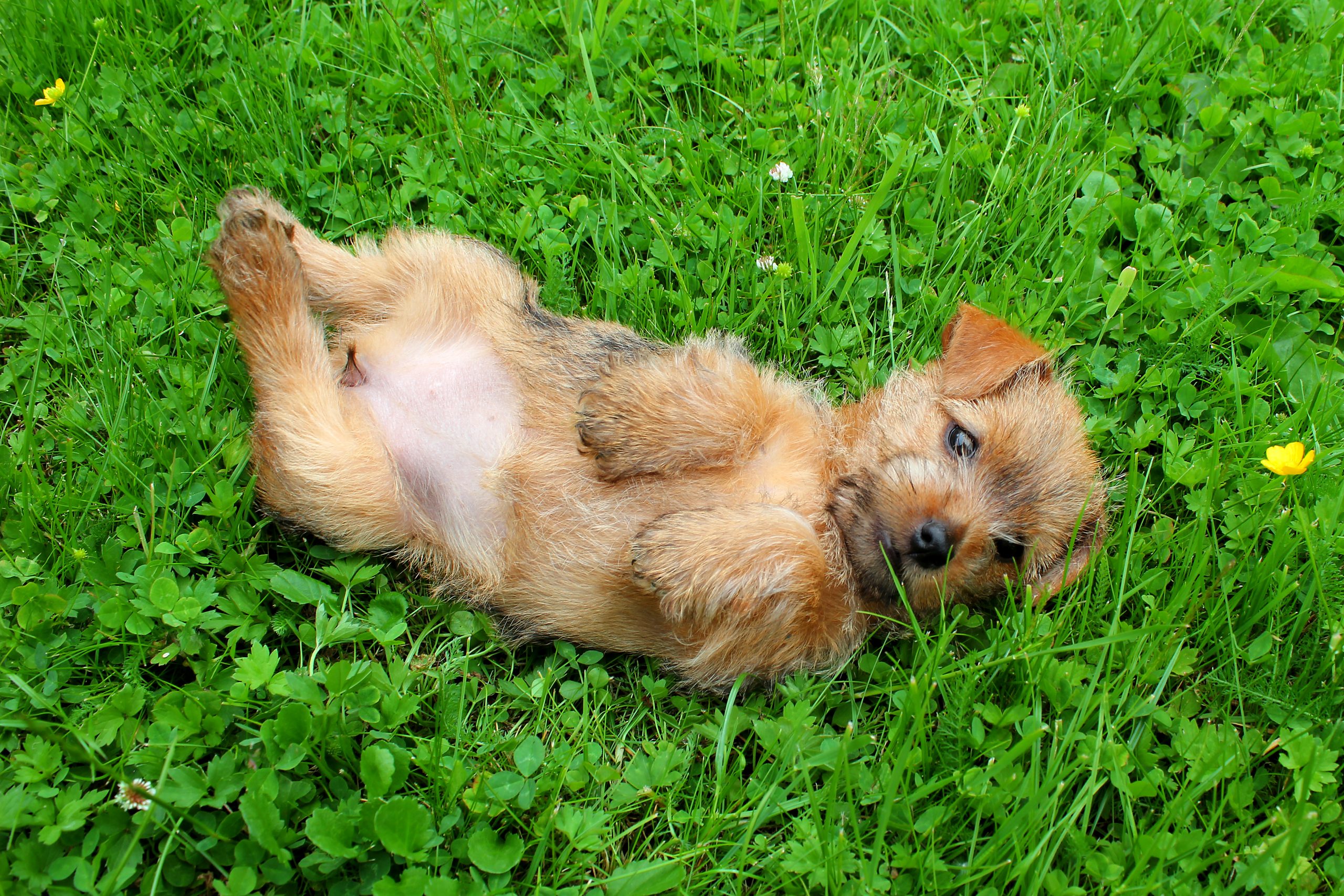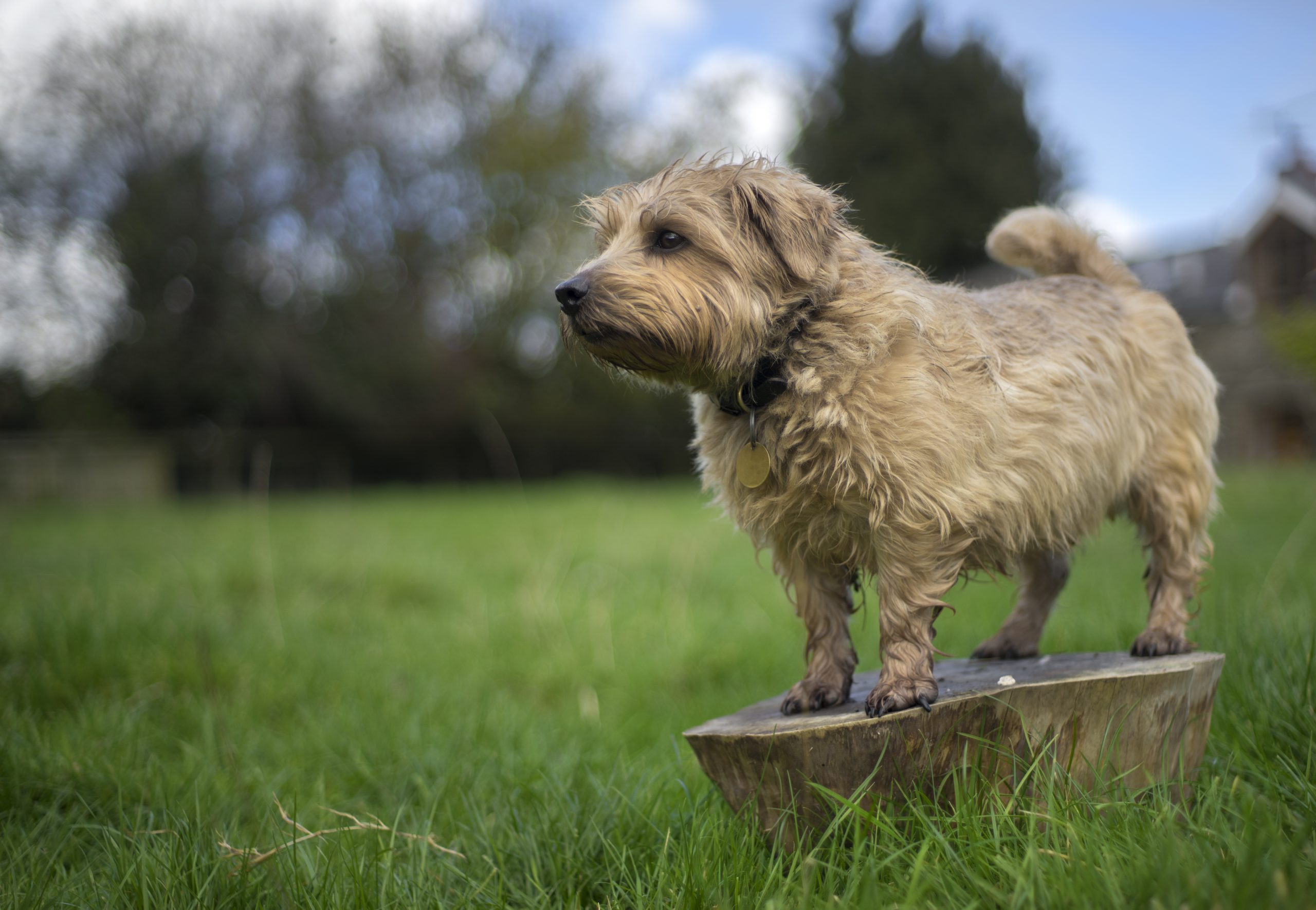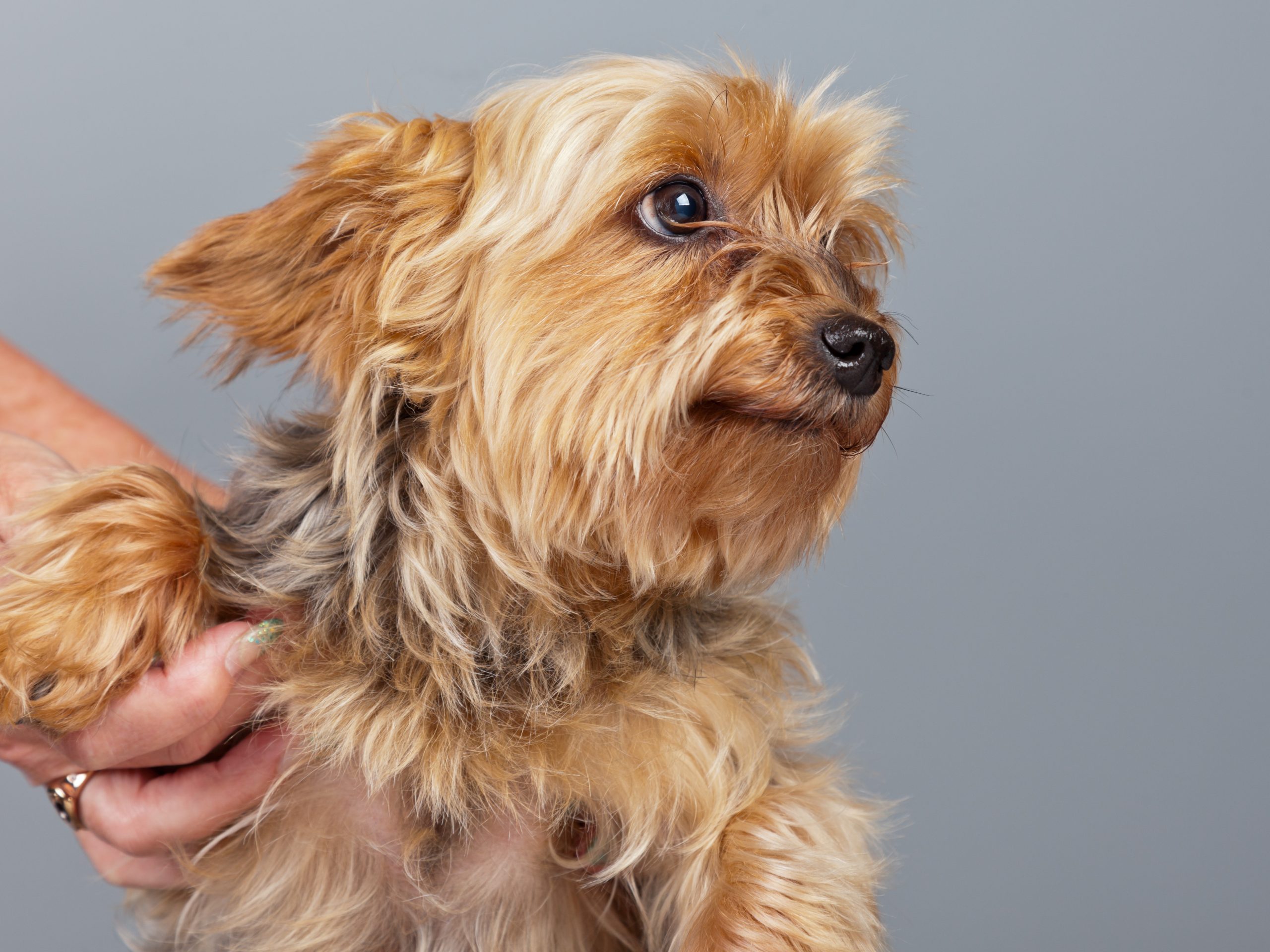Norfolk Terrier
No products found which match your selection.
Shelter Dog Meal Donation Count:
No products found which match your selection.
This breed is known for its fearless and spirited nature, making it a popular choice for those who want a small, active dog with a lot of personality.
Norfolk Terriers are renowned for their adaptability, courage, and affectionate nature. Despite their small size, they are incredibly brave and can be quite vocal. They excel in various dog sports, including agility and terrier trials, due to their high energy levels and eagerness to please.

Originally known as the Norwich Terrier, the Norfolk Terrier was recognized as a distinct breed in 1964. They were bred in England to hunt vermin and foxes and were highly prized for their tenacity and toughness.




Generally healthy, but can be prone to genetic conditions like hip dysplasia and heart issues. Regular veterinary check-ups and health screenings are recommended.
Requires regular brushing to prevent matting. Professional grooming every few months to maintain coat health. Regular ear cleaning and nail trimming are essential.
Needs daily walks and playtime to manage their energy levels. Enjoys interactive games and dog sports.
Intelligent and eager to please, making them relatively easy to train. Responds best to positive reinforcement techniques. Early socialization is crucial to prevent shyness or aggression.
A balanced diet suited to their age, size, and activity level is essential. Monitor food intake to prevent obesity, a common issue in small breeds.
Owning a Norfolk Terrier is a delightful experience, filled with energy, affection, and a bit of cheekiness. Their adaptable nature makes them suitable for various living situations, but they thrive best with active owners who can match their energy and zest for life.
Norfolk Terriers are generally healthy dogs, but like all breeds, they are prone to certain health conditions.
By being proactive with health care and staying informed about potential issues, owners can ensure their Norfolk Terriers live healthy, happy lives. Regular check-ups, a good diet, plenty of exercise, and love are the keys to managing these potential health concerns.
The iHeartDogs Free Rx Discount Card Program is a pet prescription discount card that can help you save money on your furry friend’s medications. The card is free to sign up for, and you can use it at participating pharmacies nationwide. To use the free program, simply show the card to your pharmacist when you pick up your pet’s prescription. The pharmacist will then scan the card, and you will receive a discount on the price of the medication.LEARN MORE
The annual cost of caring for a Norfolk Terrier, like any dog, can vary based on several factors including your location, the dog’s health, and the level of care and amenities you choose to provide. Here’s a general breakdown of the expenses:
Total Estimated Annual Cost:
$3285 - $8670
It's important to note that these figures are estimates and can vary. Also, the first year of owning a dog can be more expensive due to one-time costs like spaying/neutering, initial vaccinations, and training. Regular budgeting for your dog's needs and an emergency fund for unforeseen costs are essential for responsible pet ownership.